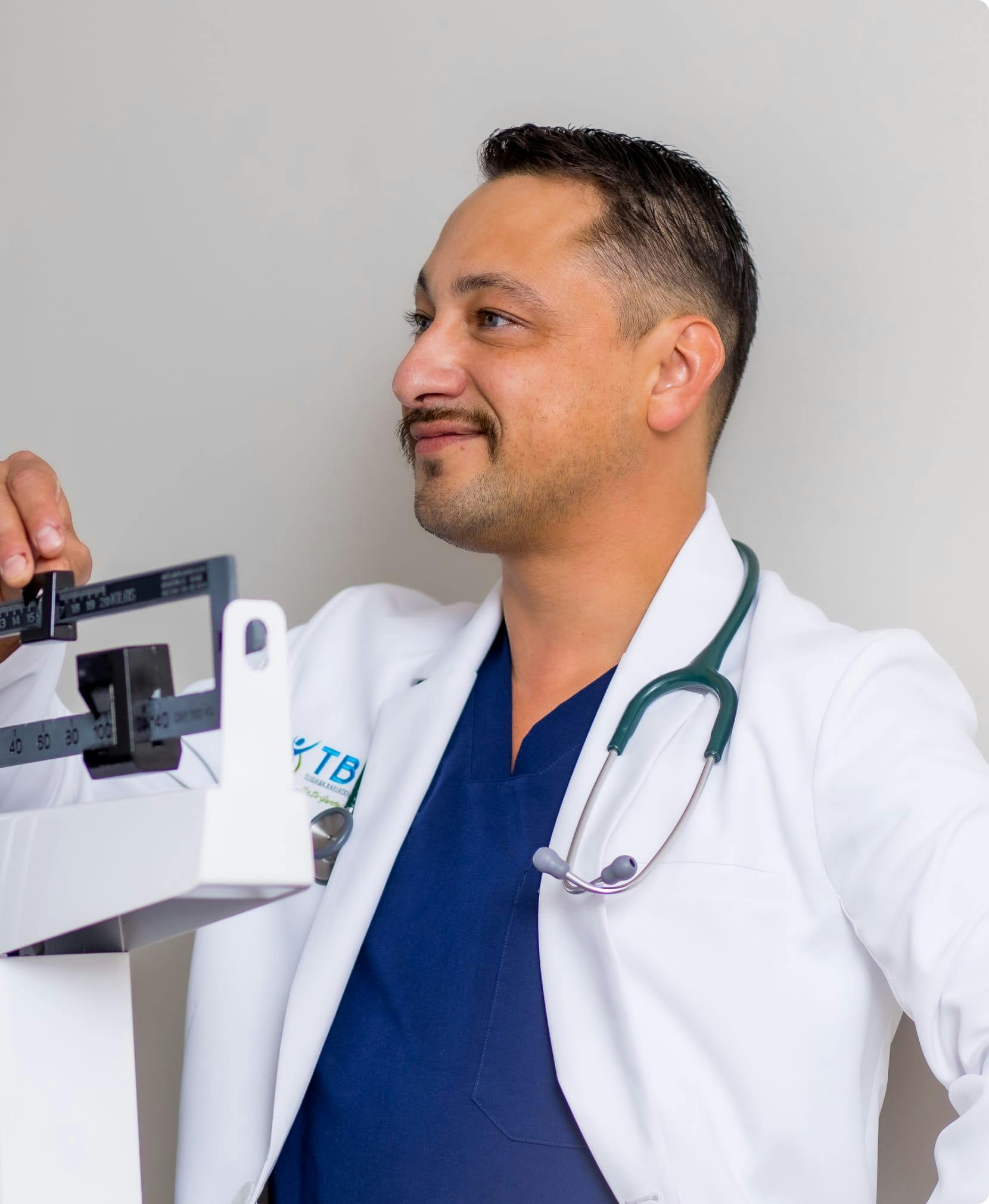Limited-Time Offer
All-Inclusive Gastric Sleeve Package
Starting at $3,750 USD
Available only for surgeries scheduled between June 23 – June 26
Available only for surgeries scheduled between June 23 – June 26


At Tijuana Bariatric Center, our track record for excellence – 98% success rate across all treatments – and glowing testimonials speak volumes regarding patient satisfaction. Our skilled, board-certified surgeons are experts in their fields, and have performed over 10,000 surgeries, delivering life-saving changes to patients struggling with obesity and its related comorbidities.
While the surgical component of the weight loss journey is extremely important, patients rarely succeed without emotional and social support. For this reason, we have crafted a holistic approach that includes in-depth education, personalized nutritional counseling, and extensive email follow-up, as well as ongoing access to our online Facebook support group.
Our core mission at Tijuana Bariatric Center is to make weight loss surgery affordable and accessible for those patients who need it most. Through transparent pricing and easy-to-navigate financing, we help patients to begin their transformational journey today rather than tomorrow. We are the only provider in North America to offer up to $3000 in medical tourism and insurance included with every procedure. Our goal is for patients to not only lose weight but to recapture their joy in living and be able to create meaningful fulfilled lives.